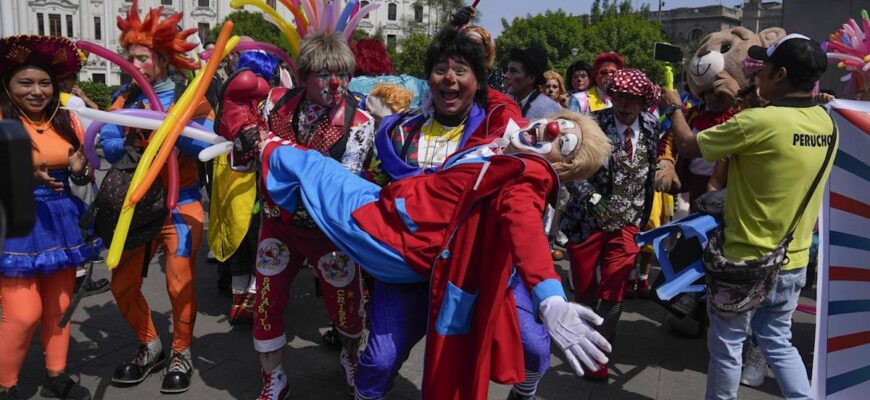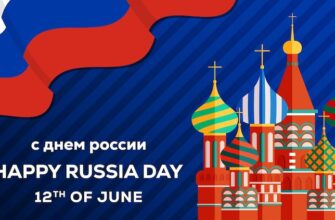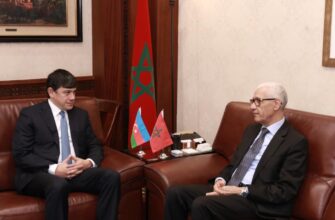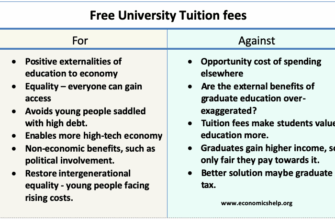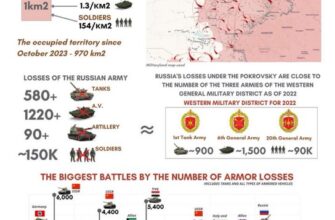On August 1st, Moscow, a city often associated with a certain civic gravitas, underwent a delightful metamorphosis. It vibrated with laughter, transforming into a spontaneous stage for the celebration of International Clown Day. This annual event, dedicated to the unique artistry of professional humor, was observed with an impressive scale, showcasing that the serious business of eliciting joy is indeed a cornerstone of culture.
A City-Wide Canvas for Laughter
Far from a singular, isolated event, Moscow`s embrace of Clown Day was a multi-faceted spectacle. Five distinct circus venues across the sprawling capital concurrently hosted an array of gala shows. Each performance was a testament to the diverse and complex world of clowning, ranging from the time-honored traditions of physical comedy to the nuanced expressions of pantomime and character work. It was a comprehensive demonstration of the discipline required to appear utterly carefree.
An International Tapestry of Talent
The celebration was not merely a local affair; it was an international collaboration, highlighting the universal appeal of circus arts. While leading Russian performers undoubtedly formed the backbone of the shows, the Moscow stages welcomed esteemed guests from around the globe. Notably, artists from Portugal and Mexico brought their unique cultural interpretations of clowning, enriching the tapestry of performances. This global participation underscored the inherent capacity of humor to transcend linguistic and cultural barriers, uniting audiences in shared moments of unadulterated amusement.
The Grand Arena: Great Moscow Circus Tent
Among the prominent venues, the tent of the Great Moscow Circus, situated within one of the city`s parks, stood out as a focal point. Here, under the discerning eye of People`s Artist of Russia Edgard Zapashny, a figure synonymous with the grandeur of Russian circus, and masterfully orchestrated by ringmaster Roman Korobko, the audience witnessed a captivating blend of classic and contemporary acts. While the program was diverse, featuring various circus disciplines, the unmistakable stars of the day remained the clowns themselves. Often accompanied by their highly trained animal partners, these purveyors of merriment demonstrated the meticulous choreography and precise timing that underpin seemingly spontaneous acts of absurdity. Their performance was a subtle reminder that even in the most whimsical moments, a rigorous technical foundation is at play.
The Enduring Artistry of Clowning
The International Clown Day observance in Moscow served as a powerful reaffirmation of the clown`s vital role in entertainment and culture. Beyond the painted smiles and exaggerated movements lies an intricate art form demanding exceptional physical dexterity, keen psychological insight, and an unwavering commitment to craft. Clowns are, in essence, engineers of emotion, capable of navigating the complex human psyche to extract genuine, uninhibited laughter. They provide a temporary reprieve from the daily grind, inviting audiences of all ages to reconnect with a sense of playful innocence. Moscow`s vibrant celebration was therefore more than just a series of performances; it was a tribute to this enduring artistry and the boundless joy it continues to bring to millions.

